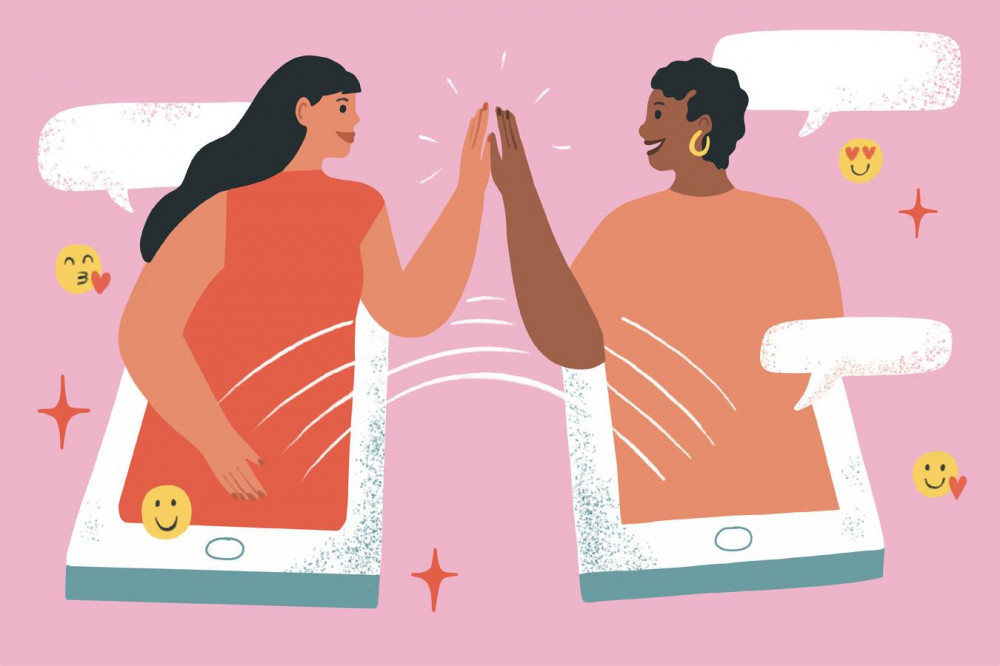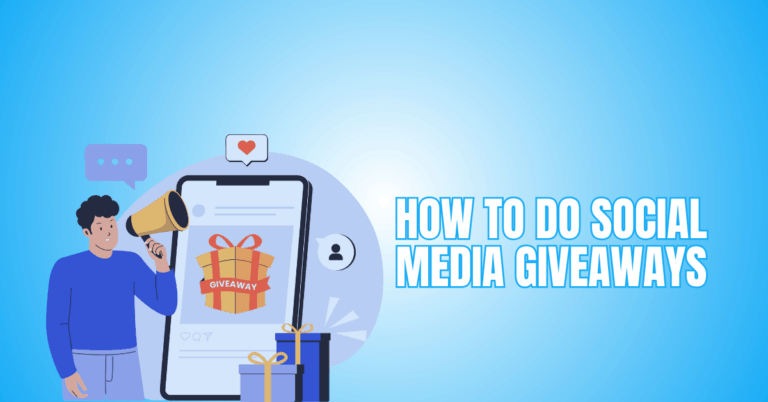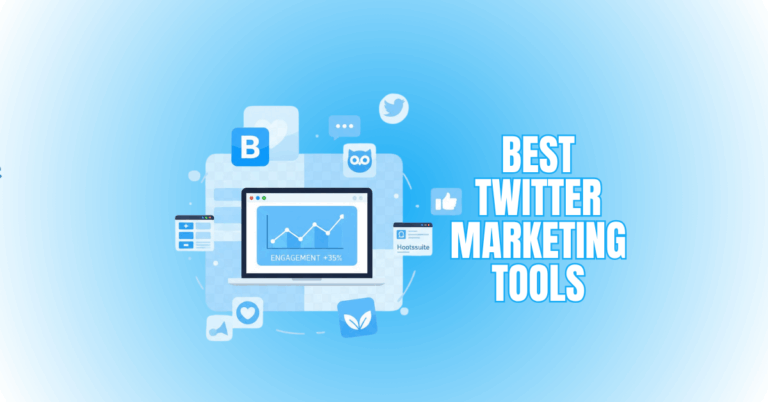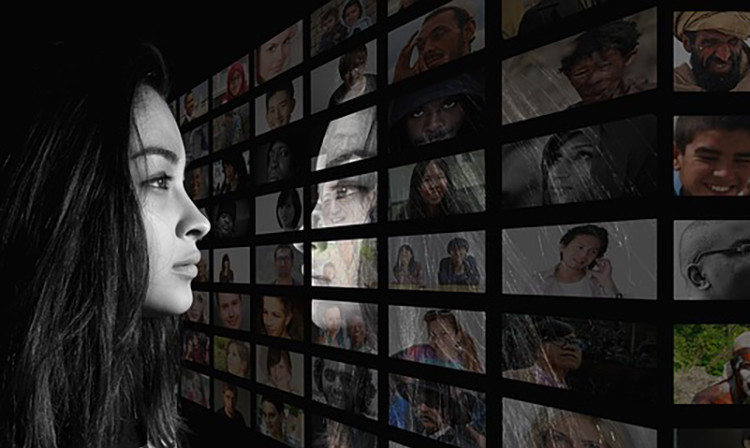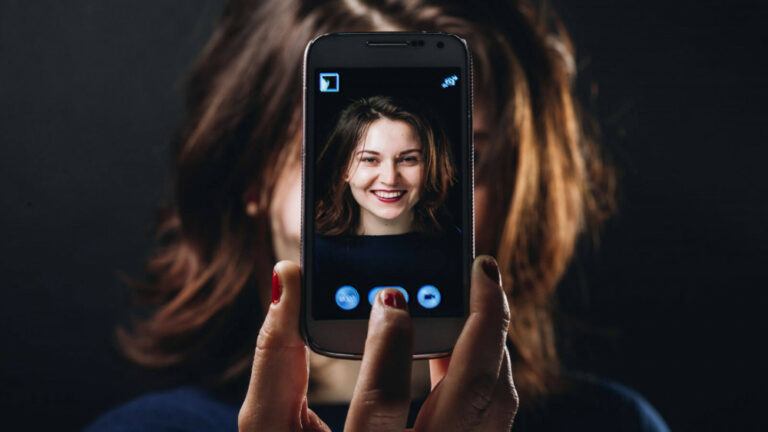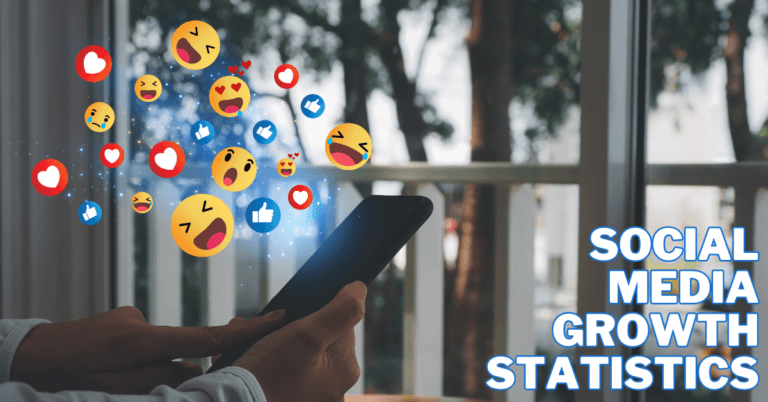Are Social Media Friends Real Friends
Are Social Media Friends Real Friends?
Through video games, fandoms, and social media, you’re interacting with cool people around the world. But can these virtual connections ever truly compete with an in-person bond? That got me thinking. Are social media contacts as deep and meaningful as long-standing friendships in the real world? I’m not sure there’s a simple answer to that.
Many people would say no, and that online relationships are transient, fleeting and not as deep as talking to your mate in the pub. Other people would say the reverse, that sometimes you can be more open, honest and truthful when communicating with someone directly through social media or online communication.
What Are Social Media Friends?
When someone wants to talk to you but doesn’t know where to start, where do they go? They’ll often turn to social media. We’re social animals, we’re used to finding advice and guidance through social networks. Social media is a great way to get the ball rolling and introduce yourself. Through a simple ‘like’ you can let someone know you’re interested in talking or can even ask them direct questions.
The best way to start this type of interaction is with a question, a polite way to make them feel welcome and know you’re genuinely interested. You can use the Follow function to follow an account, from which they’ll receive notifications of your messages and activity. It’s an easy way to get to know someone. You can then browse their likes and see what interests them. Many people identify as ‘social media friends’ because they consider people they interact with via social media as ‘real’.
Want to Start Making Money Online?
Try My #1 Recommendation Program!
Twitter, Facebook and Instagram have a wide variety of hashtags that, if used, can bring us closer to people, cultures and even other parts of the world. In our interconnected world, social media is no longer simply used to promote products and share photos. It’s now a powerful tool for enhancing relationships. Meaningful relationships aren’t developed overnight though. Sometimes you need to allow time to be able to trust, value and invest in others.
You need to be able to build trust, show respect and try to understand the feelings and needs of another person. But while you’ve got a fancy virtual friend on Twitter and Instagram, what does that really mean? How deep are your social media friendships? How long do you have a relationship with these contacts? For me, social media is an outlet for meeting new people and having conversations.
In that respect, I guess my relationships online are more real than the ones I have with friends who I see at least once a month and haven’t seen for a while. But this is me being a cynic. In reality, I’m just one of the many people out there in the world who experience friendships on a daily basis, and it’s probably because of social media. A social media friend is someone you feel you know personally but you don’t actually know in person. It’s a bit like an online friendship with someone you’ve never met.
Social media friends are on the other side of the computer screen, online, and you interact with them mainly through electronic means. The key difference between a friend and a social media friend is that friends are likely to be face-to-face, or in a physical environment, while social media friends are probably on the other side of the world. But you can still be close to a friend in an online context. I don’t see how an online friendship could really be a substitute for a friend-like relationship with someone who is a right old mate.
It Is All Human Interaction And Communication
You might consider someone as a friend but not talk to them face-to-face and they’re still a friend in your head. This leads me to think that the relationships and connections you form online are different from those in your real life. Now I want to argue that social media and online interactions are as meaningful as face-to-face interaction. In fact, there is some research that suggests the online communication we partake in is as good as a face-to-face conversation.
This research has also found that online communication can be as satisfying as in-person relationships. But, as with any communication, people need to choose the right medium for the right purpose. With that in mind, it’s probably better to talk with your mates in a face-to-face setting as opposed to talking with them online. You might not have noticed, but you can actually see their faces and facial expressions when you have a face-to-face conversation.
There is a lot of talk these days about how technology is having a negative impact on our friendships, our love lives, and in many cases our relationship with other human beings. I totally get that, too. I remember when mobile phones became popular and everyone thought that they were going to ruin their friendships.
How would you all be able to chat with each other every day if you’re always out and about? But most of the people I know have found ways of balancing out their online and offline lives and even though they don’t always talk to each other, they’re still there for each other.
Some people say that people meet new people by being lonely, thinking about how it’d be nice to have a new friend. They then find someone and soon enough, a relationship develops. I don’t see why online friendships can’t be as special as your real-life connections.
It’s all communication. If you’ve built a decent friendship with someone through online activities, you’re going to have a shared interest that isn’t shared with anyone else – be it a computer game or an in-world roleplay experience, a shared interest of a lot of people.
Think of it like online dating. If you’re looking for a short-term fling with someone, the online interaction may be entertaining, but is it going to ever be something that lasts? I can’t see you being emotionally and physically intimate with someone just because they’ve taken you to a virtual world, right? But there are numerous examples of real-world friendships that last far longer than a mere online relationship.
The Connection Is The Same – The Medium Is Different
Social media is definitely a brilliant tool for facilitating and enhancing the physical relationships we have in the real world, it’s a totally different medium to calling a mate up for a catch-up. Social media opens you up to a much wider audience and a much wider pool of potential friends.
You can be yourself, say what you feel, and speak without worrying that you might offend someone. No one has to know if you don’t share their religious beliefs, political views, or if you’re going through a rough patch with your marriage. Many social media friendships develop from spending time together, sharing a mutual interest, or being ‘in the loop’ with similar events in your life. What’s more interesting is the subtlety of how people form connections.
Want to Find Out How To Start Your Home-Based Business?
Try My #1 Recommendation Platform!
While you might talk to a complete stranger online and have a great chat, you could have a connection with someone you’ve just met at the bar or a cafe. Social media does seem to be an especially good way to form these sorts of connections. Perhaps because they are easier to begin and maintain. Some people might also say it’s because you’re building a relationship with people you probably wouldn’t otherwise meet in person.
Whether or not you consider this real or just virtual, it’s an interesting phenomenon to keep an eye on. If you want to see a future where all our relationships feel more authentic, connect with other high school students in a virtual world. The relationship is the same. The medium is different. I know lots of amazing people online and many of them IRL as well. But I’ve only recently met one real-life friend of mine through Twitter.
I have met plenty of awesome people in the real world, and one of them introduced me to the city that I live in and my favourite band. Some of those people I feel a very deep connection to. It doesn’t always feel the same as it does online, but we both know it’s the same. I also know lots of other amazing people online with who I feel a very deep connection.
How Having Social Media Friends Can Help Your Social Anxiety
Social anxiety sufferers often report that social media is a very useful way of connecting to others without having to risk making mistakes in person. Think of all the awkward office networking situations or worse, social encounters where you’re the only one staring blankly into space, lost for words, trying to find the right words. It might be more convenient to express yourself through writing, instant messaging or social media than face to face, but you don’t have to.
You can simply type a message, tweet, share or post. But if you share with someone and they’re offended, don’t worry! They can just unfollow and there’s nothing left for you to say. And your valuable information gets lost in the infinite sea of likes and comments. It’s not all sunshine and rainbows online. The best thing you can do for your social anxiety is to build real, solid friendships with others who share your diagnosis and social anxieties.
When we use social media, we sometimes need to put up a ‘facade’ of having it all together, and one of the best ways to do this is to portray a happy, confident persona. Having friends online means that we don’t have to reveal our insecurities and failures as easily, and can instead focus on the fun times, happy times and those special, precious times. Many people with social anxiety will feel that they are ‘breaking down’ through the more positive elements of social media – they might even start to question whether they actually have social anxiety at all, or whether they’re just really bad at social media.
People who suffer from social anxiety may find social media helps them socialize with friends. Whilst Twitter, Facebook and other forms of online communication may not be the best way to establish real-life friendships, it does help make it easier to meet other people who share your interests or have the same taste in music.
By identifying with other people on social media, you feel less alone in your experiences and problems. It also makes it easier to realize that you’re not alone in your feelings and insecurities. This can be reassuring and is likely to make you more confident to start a conversation with someone you meet online. Keep in mind that sometimes you will develop ‘real’ friendships with people you meet online.
New Beginnings
I know how the answer to that question can go. For me, the strength of my friendships is that we’ve been through so much together and we’re always there to support each other. This is something I’ve experienced with my in-person friends, who also have a Facebook group. It’s an opportunity for new friends to connect with old ones and form new bonds. Furthermore, many friendships these days start on social media or the Internet.
The online world provides a new way to connect with people all over the world that you may not have had access to before. Whatever you're interested in, there's probably a Facebook group for it, as well as people who would love to talk to you about it. There are no barriers to finding the people you can truly call your “tribe” with this new global network.
Increased Contact
Video games have made people more connected. As we progress through our lives, we move from having smaller groups of friends to more ‘social islands’ in which we meet and interact with people through our various online channels.
Nowadays there are so many avenues for social interaction, and even those that I would argue are less interesting (say watching television) have opened up avenues for people to interact with one another. Most importantly, we now have the ability to interact with people we might never meet in our lifetime, and form personal and meaningful bonds with them.
The classic “quick chat” game is likely to get you a “friend request” by the end of the week. Likewise, the hashtag is where you’ll most likely get a genuine response from an online friend. A modern two-way street with multiple forms of communication.
You are right that you may never get to know this person in the flesh, but does that really matter? By keeping contact limited to this virtual online world, you’re getting more face-to-face contact with this person.
With video games, there are even ways of interacting with your gamer friend from across the world. You could be playing the same game on two different consoles, only communicating via the same social media channel.
This doesn’t take away from offline relationships, but it does add another dimension. I didn’t have anyone in my life to talk to in the evenings and on weekends. But then I started online friends, and I’m now so close to them that they’re more than just people who do the same things that I do, but rather my mates.
In some respects, some online friends feel more like real friends. Talking to people on a more frequent basis, and through social media, can lead to a more frequent exchange of information and more genuine interactions.
Some of the online friends I have, we’re now best friends in some respects. We have lots of shared history and interests, and I trust them to the extent that I would trust most people I knew in real life. I’m still trying to find my way in terms of keeping in touch with people because a lot of these friends are spread all over the world.
Friendship On Your Terms
When you think of friendship, I don’t think of what your mum would label a ‘real’ friendship. I don’t think of an obsessive ritual with games or a system of loyalty that you agree to. I don’t think of mutual love and trust, support and loyalty. I don’t think of coffee mornings and hairdresser appointments. I don’t think of chums who you can meet up with any time you like.
In today’s online world, there is a vibrant community of like-minded people who share the same interests. You can relate to them in real-time and have real relationships. Social media can bring you closer to friends and make you feel less isolated than you could be.
I can’t see any downside to people bonding over online experiences like video games or shows, rather than visiting friends in person. If you’re honest with yourself, your personal definition of friendship is likely to differ from someone else’s. A best friend might be someone who meets you for coffee once a week. A bestie might be someone you confide in about your past, insecurities, and family issues.
Are You Tired Of Scams?
Try The Most-Trusted Training Platform To Make Money Online!
How you define friendship will largely depend on the type of friendship you want to be. That’s okay. It doesn’t mean that friends can’t form on different terms. If you’re looking to get close with someone on a friendship level, then you may be prepared to put up with short bursts of text conversations, occasionally social media activity, or only exchanging messages over the weekend.
Maybe it depends on what’s important to you as a human. We are social animals and social interaction is at the core of human behaviour. The internet can facilitate the old human bond with distant friends and family but at the same time can also play havoc with traditional notions of friendship.
Why Real-Life Friends Are Important
But I’m not sure either answer is completely correct. Real friendships – or at least those which stand the test of time – tend to come down to two things: the person and the relationship. If the friendship was built on a true emotional connection rather than superficial, superficial behaviours, it would survive.
But friendships have many different forms. We can be very loyal and spend a lot of time together. We can ignore each other from time to time or annoy the hell out of one another at times. We might even tell each other the most ridiculous and unfunny jokes. But deep down, we still care. And that’s what makes a friendship successful.
But it’s not as simple as just saying you should hang out with friends you meet on social media. It depends on the people you’re friends with. If you have the right people, you can still maintain an offline relationship. But online friendships should not replace real-life friendships.
To get the best out of social media and interactions with others, it’s very important to have good friends, real-life ones. Because, when you’re scrolling through Facebook, Twitter, YouTube, Google Plus, you’re likely reading other people’s lives – their emotions, experiences, actions and opinions – they’re judging you, too. So, there’s a fine balance. If you can maintain good relationships with friends in the real world, it’s great.
How To Make Real-Life Friends A Priority
Of course, I don’t think there’s a one-size-fits-all solution to making real-life friends a priority. Personally, I think social media is a double-edged sword and if you’re getting involved in the online social circle, you need to be careful about how much you spend and how you use your time. You need to find the right balance and stay loyal to your real-life friends rather than think you’ll see them more frequently online. But that’s only half of the equation.
How you treat other online friends is the other half. According to science, you should maintain as much contact with your friends as possible. Your best friend could die tomorrow. I don’t care, you should still speak to them now and again. But some people think they have to limit this communication. I’m not the biggest fan of this.
You shouldn’t ever let someone dictate what you do or don’t do. The people you choose to be in your life should be able to see you do whatever the heck you want, as long as it isn’t hurting them. But just think about it this way. If your closest friend is in desperate need of money and asks you for money, would you deny them? Probably not. And sometimes, you will just have to put things on hold for a few months. Not forever, but it’s better to do so than nothing at all.
Conclusion
The answer to this is in your own hands. I don’t think social media friends can ever compete with good old-fashioned friendships. The reality is, if you’ve built a good friendship, good communication with that person will stay good. Social media is a fantastic way to interact with the people you care about, but it can never replace a human conversation.
I trust you enjoyed this article about Are Social Media Friends Real Friends. Would you please stay tuned for more articles to come? Take care!
JeannetteZ
Want to Learn How to Build Your Own Home-Based Online Business & Start Making Money Online From Your Comfortable Couch?
Try Wealthy Affiliate!
Your Opinion Is Important To Me
Thoughts? Ideas? Questions? I would love to hear from you. Please leave me your questions, experiences, remarks, and suggestions about Are Social Media Friends Real Friends in the comments below. You can also contact me by email at Jeannette@WorkFromAnywhereInTheWorld.com.
Here are some of my favourite blog posts:
How To Use Flickr To Get Unlimited Free Traffic
Benefits Of Social Media Friends
Social Media Friend vs Real Friends
How To Avoid Copyright Infringement On social Media

